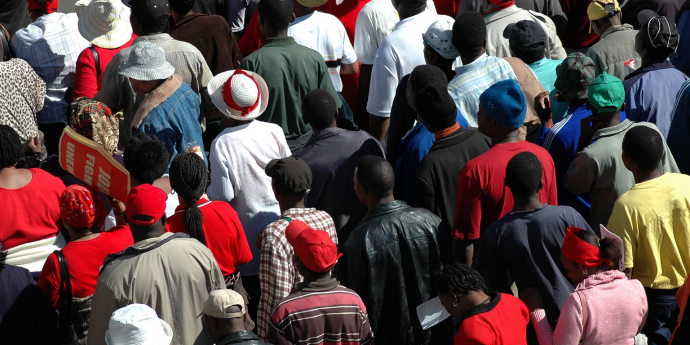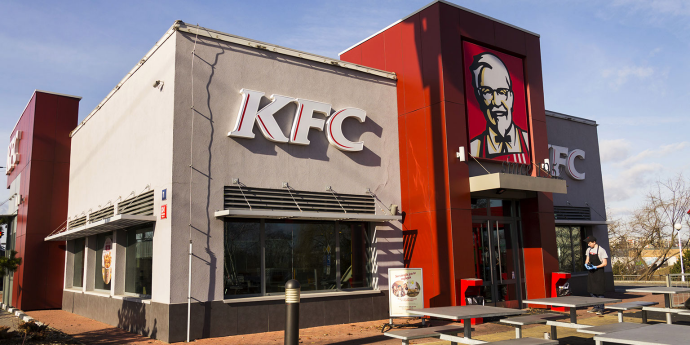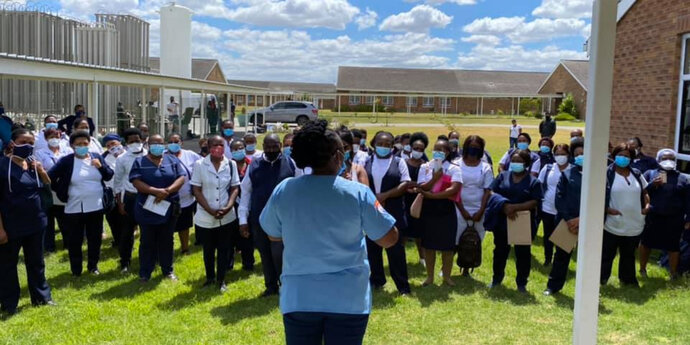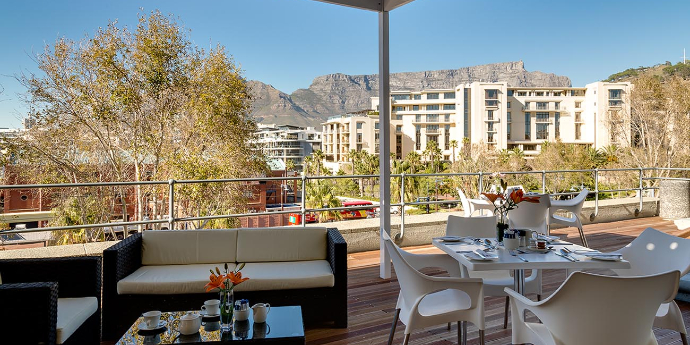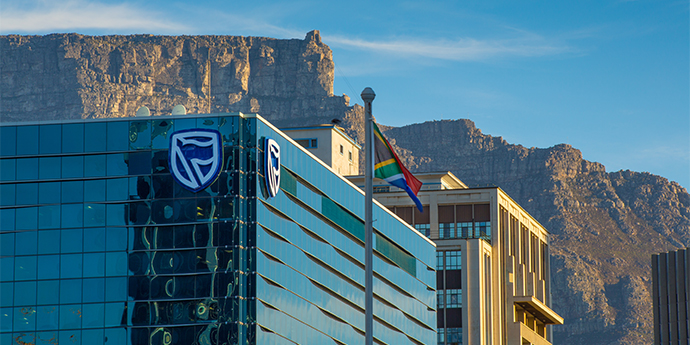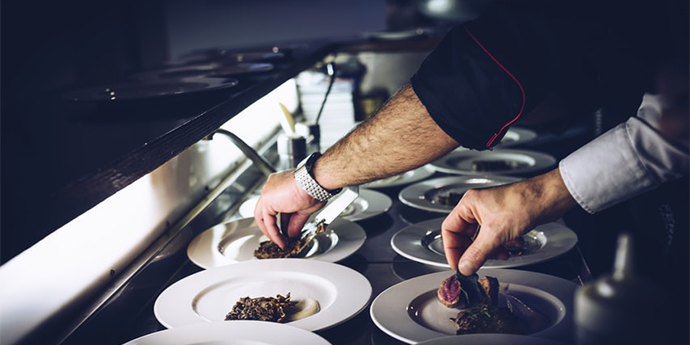Addressing undervaluation, transformation and collective identity is key to driving the South African Wine industry's sustainability.
Only around half of South African wine producers are breaking even or are just about profitable, most by less than 5% on the bottom line. SA wine, despite a recent quality leap, is struggling to sustain itself, partly because it is simply undervalued, especially in international markets.
“Nearly half the packaged wine sold locally trades at under R30 per litre,” VinPro chairman Anton Smuts told delegates at a VinPro Information Day in January. He noted that some imported water sells at up to R35 per litre, by comparison. “We cannot possibly remain sustainable at these price points,” he insisted.
According to VinPro’s Christo Conradie, by 2017, South African wine exports represented the lowest value out of all mainstream wine producers, at a staggeringly low aggregated global market price point of €1.27 (€1.95 for packaged wine) for a volume of around 500m litres (around 250m litres packaged). This compared to new world counterpart USA’s global aggregated export market price of €3.80 (€6.34 for packaged wine) at a volume of 380m litres (around 195m litres bottled).
The critical struggle for SA Wine going forward is to effectively integrate market and non-market actions not only to unlock value but also to address grand societal challenges such as transformation. This necessitates negotiating innovation on differentiation, pricing, branding and quality on the one hand and societal impact, advocacy and industry image on the other.
On the market side, there is a need to start creating a resonant identity for the SA wine brand. This might include reducing the number of brands to market in order to focus on building a stronger collective identity. SA’s country brand niche width is currently far too broad for an industry of its size.
Also, we’re simply not putting enough marketing capital behind our country brand. The marketing budget for Wines of South Africa (WOSA) — a not-for-profit industry organisation established to promote South African wine in international markets — is around R50 million, funded by industry levies. Australia’s equivalent, Wine Australia, utilises a budget of around AUS$50 million. Wine Australia is also funded through levies and user-pays charges, but supplemented by the Australian Government, which, according to its website, “provides matching funding for research, development and extension (RD&E) investments”. It’s clear we’re not able to compete on that front.
On the non-market side, is the seeming lack of cohesion at the top of the policy chain and much of this has to do with organising and the creation of a single voice. This is evident in a relative dearth of free trade agreements for South African wine, and BRICS membership does not seem to be improving matters. Meanwhile, a newly-signed free trade agreement with China has seen Australian wine exports to that country leapfrog other nations’ in volume. Australia pays zero import duties under the agreement, despite not being a member of BRICS.
Within the local industry, there are several groups that are already trying to create value for their respective constituencies: Stellenbosch Cabernet Collective, Pinotage Association, Chenin Blanc Association, Swartland Independent Producers, and Old Vines Project are good examples. What they are trying to achieve in these representative associations needs to translate into an even bigger collective, consolidating these efforts in a way that creates a single voice and purpose for South African wine producers, while retaining individuality.
One issue that can be addressed as a lobby, for example, might be how to drive more revenue back to primary producers, one in three of which is running at an unsustainable loss. VinPro estimates that around 900 producers had shut down in the decade ending in 2017. At the very least, a unified industry can address the fragility of the producer sector and ensure that value realised reaches them.
This approach, in tandem with a market strategy that is working to elevate South African wines’ relatively lowly status in the global market has the potential to deliver strong results.
Jonathan Steyn is the convenor of The Business of Wine programme running at the UCT Graduate School of Business this May.













